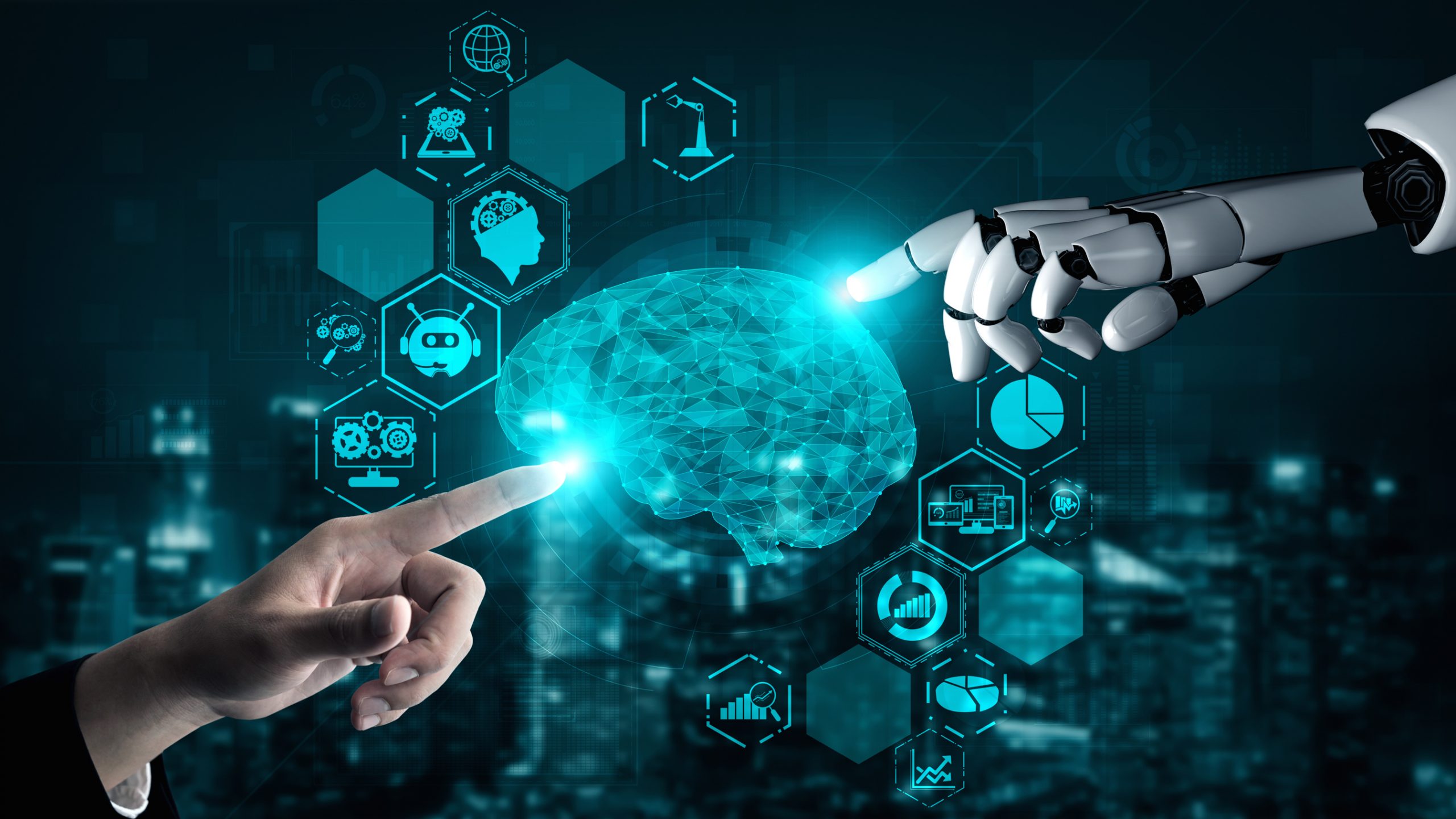Artificial intelligence (AI) is rapidly transforming our world. From self-driving cars to medical diagnosis, AI's influence is undeniable. But is it a force for good, or a harbinger of doom?
AI's benefits are numerous. It automates tedious tasks, freeing us for more creative endeavors. Imagine a doctor using AI to analyze complex medical data, leading to faster and more accurate diagnoses. AI also tackles dangerous jobs – robots can defuse bombs or explore the depths of the ocean, minimizing human risk.
However, concerns linger. AI automation could lead to widespread job losses, particularly in repetitive fields. This raises questions about retraining and social safety nets. Additionally, AI algorithms can perpetuate biases present in the data they're trained on. Imagine a loan application system biased against certain demographics – a recipe for social inequality.
The potential for autonomous weapons is perhaps the most frightening prospect. AI-powered machines that can make life-or-death decisions raise ethical and legal dilemmas. Who's accountable if an AI weapon malfunctions?
So, is AI a boon or a curse? The answer is – it depends. Like any powerful tool, AI's impact hinges on its development and use. To ensure a positive future, we must focus on ethical AI development, prioritizing human well-being and responsible use. Open dialogues involving experts, policymakers, and the public are crucial.
AI has the potential to revolutionize our world for the better. But to reap its rewards, we must navigate the challenges with foresight and caution. The choice lies with us – will AI be our greatest creation, or our biggest folly?

The end statement is really true👍🏻👍🏻
ReplyDeleteAI is both good and bad. Good😊
ReplyDelete